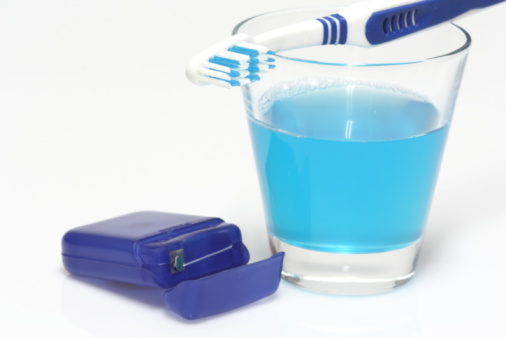Do you still have your wisdom teeth? If you do, and they’re straight, you may or may not have any problems…yet. Most people have their wisdom teeth removed as they begin to erupt—meaning as they break through the gum line. Long feared a painful event, and rightfully so, dentists admit, nearly 80% of the population has wisdom teeth extracted as they begin to break through.
Every year, millions of people have wisdom teeth removed that have no obvious sign of disease. Routinely, dentists advise extraction at the early signs of wisdom teeth. Most individuals start to get their wisdom teeth between the ages of 16 and 25.
The “wisdom”—pardon the pun—behind this practice is generally endorsed for reasons of crowding, difficulty of reaching and cleaning the teeth and gums, the increased potential for infection and gum disease, and other problems down the road. Almost without exception, dentists are in favor of extracting wisdom teeth for these motives. Still, there are plenty of individuals whose wisdom teeth come in straight, without any problems. These folks are indeed the exception to the rule, earning peculiar bragging rights. But is it wise to keep extra teeth that will require the same care all teeth do?
Interestingly, some health experts are changing their opinion about extracting wisdom teeth before problems arise. They contend the latent health risks of extracting wisdom teeth for preventive reasons outweigh anticipated problems. Bottom line – each case is unique.
If you have wisdom teeth coming in, or if you have a teenager with emerging wisdom teeth, visit Dr. Peter Pate for a consultation. Before you make any decisions, Dr. Pate can ascertain the progress of the teeth to help you make an informed choice of action. Call us at 404-266-9424 or request an appointment online. You would be wise to do so.








